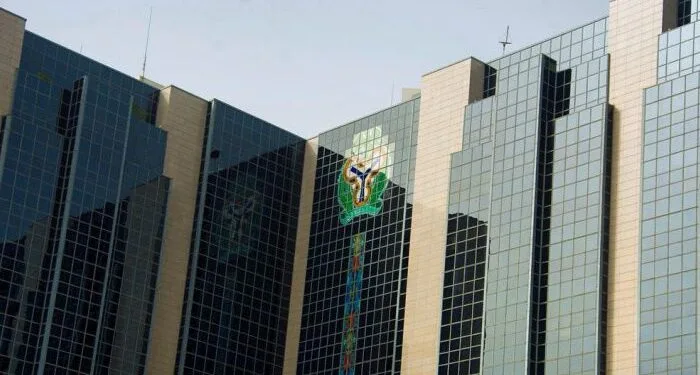According to the CBN’s Money and Credit Statistics, the currency in circulation saw a steady rise from N4.05 trillion in July 2024 to N4.1 trillion in August.
Abuja, Nigeria — The Central Bank of Nigeria (CBN) has reported that the country’s currency in circulation has reached an unprecedented N4.1 trillion as of August 2024, with a staggering 93.34 percent of it—equivalent to N3.86 trillion—held outside the formal banking system. Only a meager 6.66 percent of the total currency remains within the banking sector.
This trend underscores a significant challenge for Nigeria’s financial inclusion efforts and the central bank’s push towards a cashless economy. Despite several initiatives to drive cashless transactions, a substantial portion of the money supply is still not within regulated channels.
According to the CBN’s Money and Credit Statistics, the currency in circulation saw a steady rise from N4.05 trillion in July 2024 to N4.1 trillion in August. This marks an 11.05 percent increase in the money supply since the beginning of the year and a significant 56.17 percent jump compared to the same period in 2023.
The data reveals that Nigeria began 2024 with N3.65 trillion in circulation in January, reflecting typical post-holiday spending patterns. February recorded a modest rise to N3.69 trillion—a 1.18 percent increase from January—while March saw a more notable surge to N3.87 trillion, indicating a month-on-month increase of 4.76 percent.
The upward trend continued in April, with the currency in circulation reaching N3.92 trillion, up by 1.39 percent from March. This growth was largely driven by heightened consumer spending during the Easter period. By May and June, the figure rose to N3.97 trillion and N4.04 trillion, respectively, representing monthly increases of 1.07 percent and 2.11 percent.
The CBN’s August report confirms that the currency in circulation hit a new peak of N4.1 trillion, highlighting the persistent challenges in bringing more of the nation’s cash supply into the formal financial system.
The report calls attention to the urgent need for enhanced financial inclusion strategies to ensure that a greater proportion of the nation’s money supply is within the banking system and accessible for economic development and planning.
Daily Trust reports that the CBN is expected to roll out more measures in the coming months to tackle this issue, amid concerns that a largely cash-based economy could undermine the central bank’s monetary policy effectiveness.










Join our Channel...